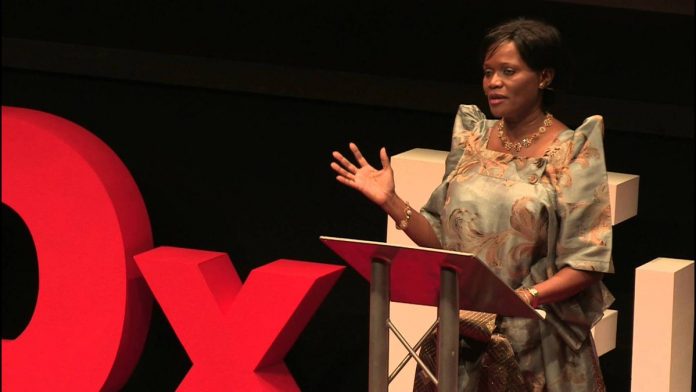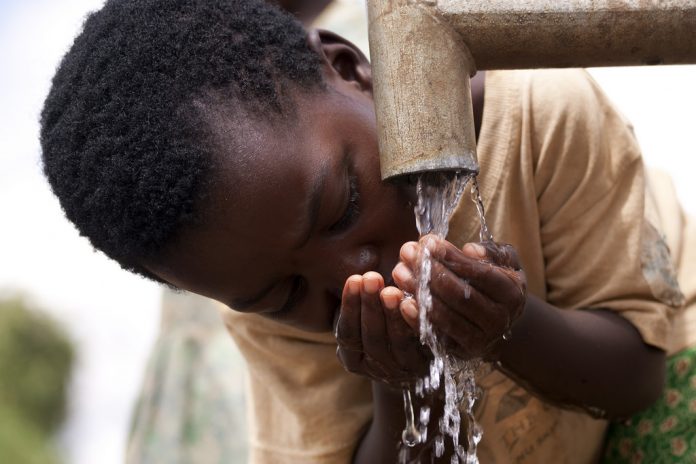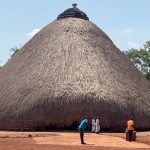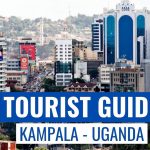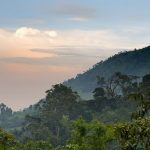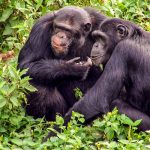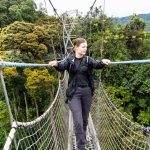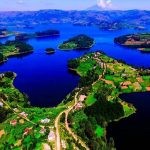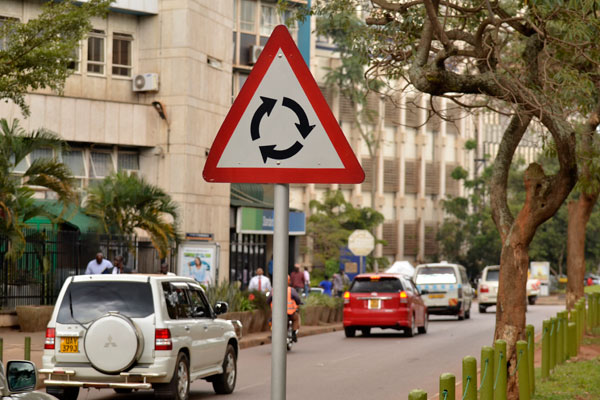Right from childhood, Linah has been interested in environmental conservation and ecology. She co-founded Pearl of Africa Environmental Organization to restore Uganda’s pride as the “Peal of Africa”. We had an interview with her to talk about her idea.
 What is and why Pearl of Africa’s environmental organization?
What is and why Pearl of Africa’s environmental organization?
Pearl of Africa Environmental Organisation, or as we prefer to call it, ‘PAE’ is a non-governmental green organization. The name actually holds a profusion of historical value and sentiment. Uganda was named the ‘Pearl of Africa,’ by Welsh- American, HM Stanley in 1892 (Fortnightly Review, Volume 52), who was taken aback by its beauty. She, however got her international identification as the ‘Pearl of Africa,’ when British Parliamentary Under-Secretary of State for the Colonies/writer and eventual two-term Prime Minister, Sir. Winston Churchill aggrandised her aesthetic in his book, My African Journey, which were published in 1908, saying, “Uganda is a fairy-tale. You climb up…and at the end there is a wonderful new world. The scenery is different, the vegetation is different, the climate is different…from anything elsewhere to be seen in the whole range of Africa…I can say: Concentrate on Uganda: For magnificence, for variety of form and color, for profusion of brilliant life— for a vast scale–Uganda is truly ‘the Pearl of Africa.’ ” These powerful words that were made by such a powerful man are still remembered to this day, however, this is where the underlying concern ‘stems’ from (no pun intended). Our once attractive, alluring and appealing country is facing an age of atrophy, which is what induced my co-founder and I to start this NGO in order to put an end to this appalling degradation of our environment.
How did this start?
Many answer this question with the date their organisation was up and running. We, rather prefer to paint a picture of how the idea was born and how it eventually came to life, from the perspective of both founders of PAE. I, co-founder, Linah Kizito Nanziri was around 8 years of age when I got interest in not only environmental conservation, but ecology as a whole. My primary school, Greenhill Academy, Kampala held a writing competition on the notion of preserving the environment. I was quite agitated since I was one of the youngest competitors but this did not stop me. I do not vividly remember what was written, but I do remember how passionate I was about what I wrote about. Unfortunately, I did not win the competition but I won the love and the drive to move forward with this newly acquired passion, which subsequently led to the birth of PAE when I was at the age of 13 years. HOW EXACTLY DID IT START? Co-founder, Mr. Seruwu Isaac, who happened to be my father’s good friend (or as we traditionally refer to them ‘uncle.’) was always a keen environmental enthusiast. Mr. Seruwu believes that the misuse of the environment leads to substantial damages, loss of lives and could cease the development within a country socially, economically and even politically. Once he found out about my love for the environment, he acquired interest in working with me since he believed that he who has influence on the youth, has influence on the future. He subsequently registered PAE as a non-governmental organisation in Uganda during the close of 2010.
What is this kind of charity and work that you do?
First of all, thank you for calling us as ‘awesome,’ we believe it takes one to know one. Secondly, this is not exactly just a ‘charity’ since according to Oxford Living Dictionaries, a charity is an organisation set up to provide help and raise money for those in need. We are much more than just a charity, since we do not only have the intent to provide help and raise money for those in need. That would imply that we have to do so for the entire world including ourselves, since we are all in need of an impeccable environment, to live in a world free from global warming and pollution because it is an aspect that affects all of mankind. However, our organisation ensures to preserve pastures, trees & water bodies, promote the sufficient utilisation of natural resources (which happen to be available in abundance), propel education on the benefits of environmental conservation to the civil society, ensure the refining of environmental policies, foster the restoration of the once known, ‘Pearl of Africa,’ to improve on the tourism industry in order to boost our economy and guarantee food & water security for our generation and those to come.
What are your biggest accomplishments ever since you started Pearl of Africa Environmental Organization?
Tough question, considering the fact that we have been in existence for close to 10 years. We are very humbled to have had the privilege of working with the army of Uganda, conventionally known as the Uganda People’s Defence Forces (UPDF) on improving sanitation and recycling of items. We were also fortunate enough to be supported by National Environment Management Authority (NEMA), The Ministry of Water and Environment, Sewage and Water Corporation Company (SWCC), which have are essential institutions since they affect they greatly influence the environmental situation in Uganda, whilst working with us on our common cause. We have also had the privilege of introducing effective programs in 20 schools based in Kampala, some of which include recycling of items, education on sanitation, personal hygiene, agriculture and leadership. This has definitely helped us feel somewhat accomplished since it practically incentives the youth to realise how crucial the environmental conservation is in the world, which is a main point we have been and still are trying to get across. I, Linah Nanziri am a part of the British Ecological Society (BES) and have had the privilege to be accorded to the nomination for the Mash Award for Ecologists in Africa.
What are some of the programs that you do at Pearl of Africa Environmental Organisation?
Well, education is a vital aspect in PAE. We educate people on the benefits of environmental conservation… I just realised I mentioned this earlier, so I will not indulge myself in repetition. However, there are some recent programs that we have been involved in, one major one being renewable energy, which entails utilising the energy from the sun/ kasana that we have in abundance, by using solar panels instead of Hydro Electric Power (HEP), which negatively affects fish and dissolves oxygen levels in the water. Axis, a start up company in Uganda, run by my brother, Augustine Kizito Kitonsa has endorsed our cause and has been supporting us far beyond our expectations. They install automated solar panelled lights in people’s homes/ company environments at extremely affordable prices. Axis also collects spoilt laptop batteries and they are able to recycle them into power banks. Yes, power banks! Some have been sold earlier this year, 2018 to finance some of PAE’s activities. I better stop here before this turns into a commercial. Nevertheless, we are truly thankful to them.
 Where do you see Pearl of Africa environmental Organisation six years from now?
Where do you see Pearl of Africa environmental Organisation six years from now?
Nice question, I see us changing history six years from now, or even prior to that. I see us being the reason for changes in/ the introduction of new environmentally favourable policies. I see free education institutions on acquisition of environmental knowledge with our ‘amazing’ PAE team doing what they do best. I see recycling of paper, leading to decreased murder of trees. I see typhoid becoming a thing of the past. I see our water bodies turning back to the attractive and prepossessing blue, instead of green or whatever colour they are now. I see tourists flooding the ‘Pearl of Africa.’ I see an improved economy. But most of all, I see a world that has been improved by PAE and other organisations that support our cause. Even if this takes over six years, it has always been my obsessive fixation. It is my purpose and it is what I have dedicated my life to revolve around.
Charity takes great courage and commitment. What are some of the challenges you have faced so far?
Mr. Seruwu and I have faced issues in acquiring funds. Most, if not all of PAE’s activities are currently self-funded. By that, I mean that the money that sustains our organisation comes from our personal banks. This is the biggest challenge we are currently faced with. This was not the case some years ago. Just like you said, we do have an amazing team, however, we have had to deal with untrustworthy and incompetent people, which made it eminently difficult to run different programs in the organisation. One of the main challenges faced is the time consumed to run our NGO whilst balancing studies for myself and work for Mr. Seruwu. The challenges are too many to list out individually. However, I run by this rule, “no hurdles no achievements, know hurdles know achievements.” This is what I realised throughout my time running this NGO. The number of unforeseen challenges are too great a number that it is likely for one to give up a few years in. What has kept my co-founder and me going through all these years is our passion and obsession with ‘making Uganda great again.’
 Any worst moments or regrets?
Any worst moments or regrets?
One of my worst moments was when I was a young teenager, I believe. Mr. Seruwu would get into esoteric ecological discussions with the PAE team that I lacked knowledge on. I disliked this because it made me feel irrelevant in the team. I do not have any regrets because every mistake that was made was a lesson upon us and it has enabled us to become stronger than ever.
Then outside Pearl of Africa environmental Organisation, which partners have been helpful to you in your charity campaigns?
Uganda Rotary Clubs have been involved in our campaigns, Kampala Capital City Authority (KCCA), Uganda People’s Defence Forces (UPDF), Uganda Broadcasting Corporation (UBC), National Environment Management Authority (NEMA), The Ministry of Water and Environment, Sewage and Water Corporation Company (SWCC), recently closed Television station, Wavammuno Broadcasting Station (WBS), Axis, among many other partnership collaborations.
Any remarks you want you to make to appeal to the people?
Oh, I believe there are so many interwoven remarks within this interview, nevertheless, I will conclude by saying, refraining from action is much more ‘comfortable’ than reaction, however, history is not made by those who didn’t take action, so let’s take action now and SAVE GLOBAL NATURE! Postscript: Comfortable is in quotation marks because I cannot begin to imagine how ‘comfortable’ one maybe while watching the earth they call home die right in front of them.

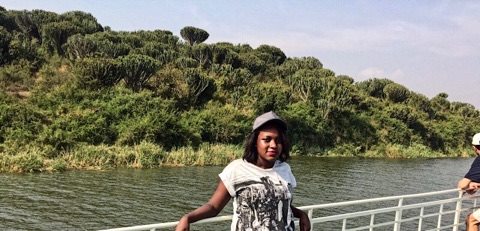
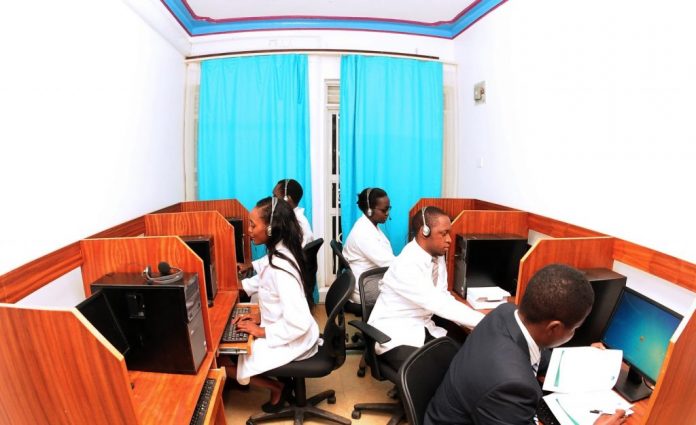
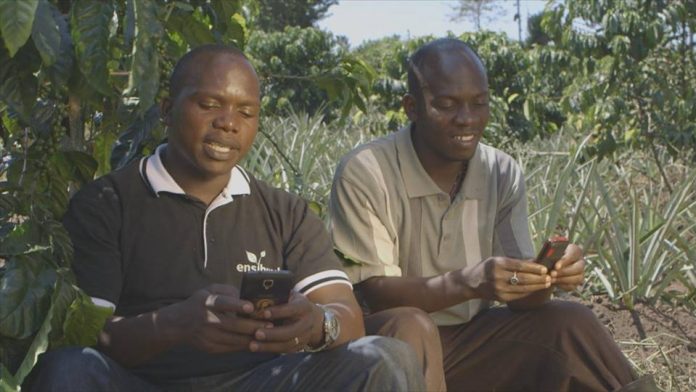
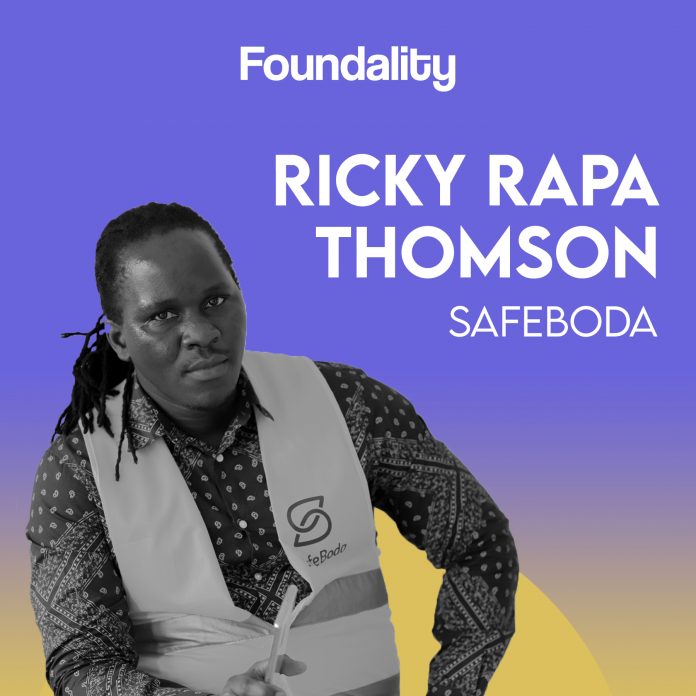

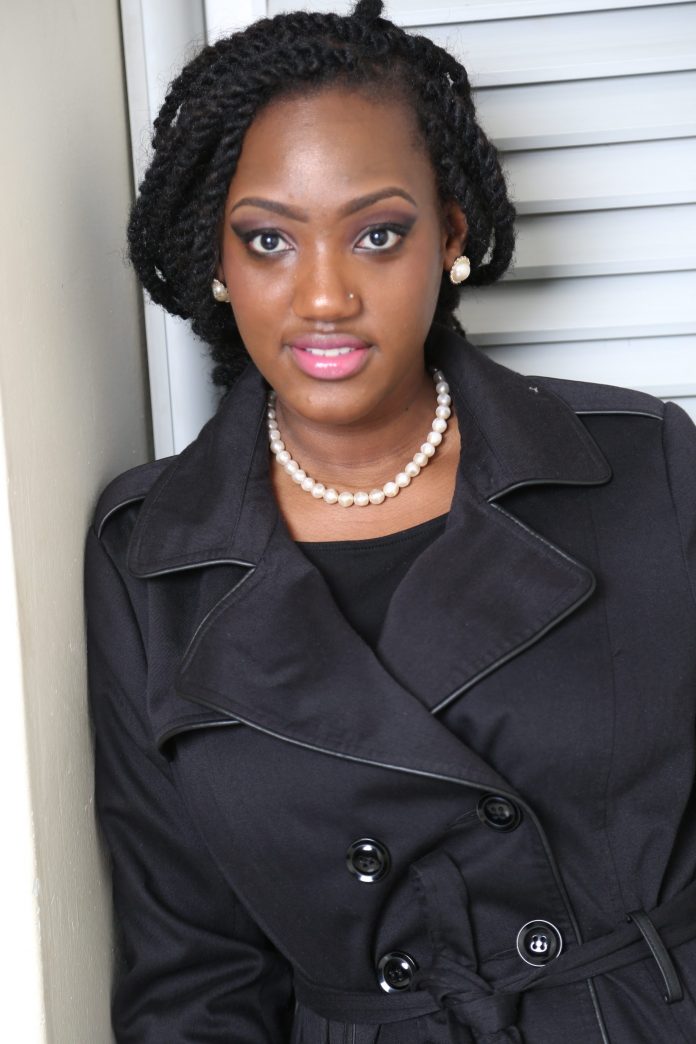
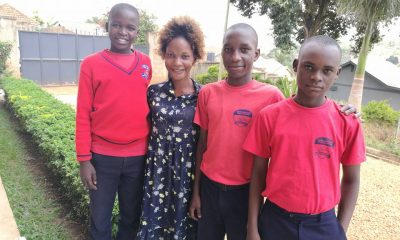
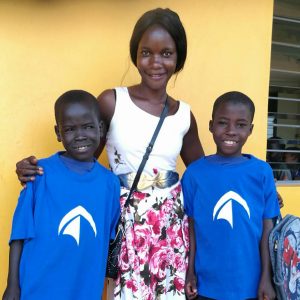 Suzan with some of the children being looked after by 22Stars
Suzan with some of the children being looked after by 22Stars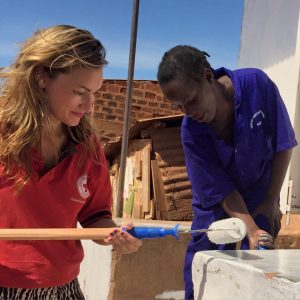 Suzan & Stella during the painting of the 22Stars office
Suzan & Stella during the painting of the 22Stars office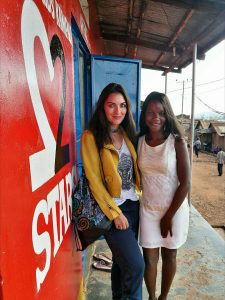 Suzan and Stella posing at the newly repainted 22Stars office
Suzan and Stella posing at the newly repainted 22Stars office
